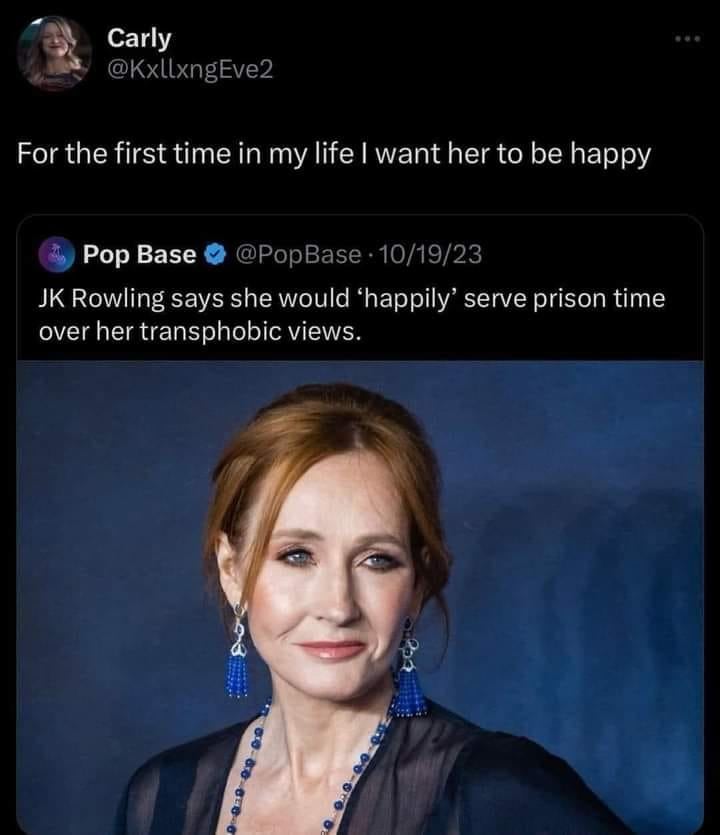this post was submitted on 18 Aug 2024
1193 points (99.1% liked)
196
16801 readers
2502 users here now
Be sure to follow the rule before you head out.
Rule: You must post before you leave.
founded 2 years ago
MODERATORS
you are viewing a single comment's thread
view the rest of the comments
view the rest of the comments

It's especially frustrating because of how much it's written to accept people who are different (as long as they aren't fat, or a woman who speaks up, or standing against slavery and exploitation).
There are stories I greatly enjoyed as a child that I just can't read anymore with new context.
I remember finding out David and Leigh Eddings abused a child that ended up being removed from their care. I tried rereading their books and only a couple of chapters in there were men discussing the importance of beating a child to enforce discipline. I glossed over this as a child thinking it's just medieval culture, but as an adult knowing that this is evidently something the authors genuinely practiced I couldn't continue.
The fatphobia is real, but I've never bought the bit about the books being against Hermione's anti-slavery stance (I assume that's what you mean by a woman who speaks up as well). My interpretation was that Hermione was always assumed to be in the right because slavery is almost universally condemned in modern society. But she's standing up against a system where even one of her two closest friends has been indoctrinated into it. Standing up to "others" is hard, but standing up to peer pressure is harder.
That said, the depiction of chattel slavery is of course inaccurate. Slave revolts were common, whereas the house elves want to be subservient to humans. I guess that could be marked up to house elves being a distinct species that may have been manipulated to be subservient, but that's never explained.
For the first part, sure you could be right. Still, once the books are over and they become adults, they don't do anything about it. I think Hermione goes on to become the minister of magic or something, but she doesn't try to change the system. This is presumably because Rowling thinks wanting to chang the system is childish and wrong, but that's just a guess.
As for the latter, no the house elves don't all want to be slaves. We know Doby at least didn't want to be. Just because Rowling wrote in a character after the complaints came it that is an elf who's entire purpose is about being owned doesn't undermine that at least some don't. It also doesn't even begin to discuss the indoctrination behind this and if that's acceptable.
The hero children also recognize the mistreatment of other intelligent magical creatures is wrong too, such as the centaurs or goblins. Again, they are made to not address this after the war, and also almost no one in the society seems to care. These themes are everywhere in the books, yet any time anyone tries to change the system they're mocked.
Hermione got involved in house-elf welfare as an adult and was successful. I am not sure where that is covered, I think maybe Cursed Child? I don't know much about what happens after the series is over, so I can't speak to that in detail.
Ah, OK. Yeah, I also don't know a whole lot about what happened, but I guess that's better than I expected. Still, not working to change the system like you would hope with how passionately she was against it. I don't really recall all that she does after, but just remember it wasn't radical.
Plenty of activists, even those with radical opinions, take that approach. They have a long term goal in mind, but to get to that goal they try to make incremental changes with the power they have.